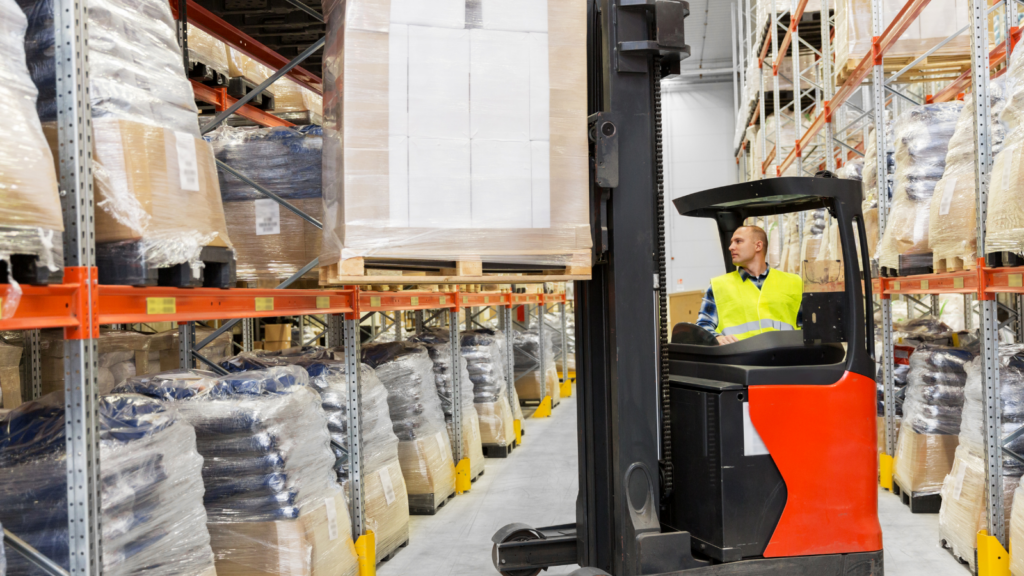In the fast-paced world of global commerce, logistics operations stand as the unsung heroes. They’re the intricate network of activities that ensure goods move from point A to point B, efficiently and effectively. Whether you’re a business owner, a logistics manager, or simply curious about the backbone of international trade, understanding logistics operations is key.
This article delves into the world of logistics operations, offering insights into its importance, the various components, and how it shapes the global economic landscape. It’s a journey into the behind-the-scenes action that keeps our world moving, and the wheels of commerce turning. So, buckle up and prepare to explore the fascinating world of logistics operations.
Logistics Operations

Peeling back the layers of logistics operations uncovers a complex, yet critical, element of commerce. It brands an intersection between the movement of goods and their recipients, the businesses and their customers.
Logistics operations symbolize the strategic coordination, execution, and management of complex operations often involving information, people, materials, and finances. In essence, it’s a planning framework that’s persistent from the point of origin to the point of consumption with the primary goal of fulfilling customer requirements. Not constrained by industry boundaries, it permeates several sectors such as manufacturing, transportation, warehousing, and retail.
Importance in Global Trade
In the context of global trade, the significance of logistics operations escalates even further. They provide, if but one thing, a well-lubricated machine for the smooth transfer of goods across international borders. If compared to a relay race, logistics make sure the baton gets passed properly. Without these defined operations, the import and export of goods would be chaotic, impacting trade relationships between countries and the global economy at large. For instance, coffee beans harvested in Brazil need strategic logistics operations to reach cafes in Paris, emphasizing the global connection logistics operations propound.
Components of Logistics Operations
Diving deeper into specific components, logistics operations cover a variety of activities. Two fundamental elements are transportation and warehouse & inventory management.
Transportation Management
Transportation management plays a critical role in logistics operations. Efficient movement of goods from one location to another is its main responsibility. This involves selecting the most effective mode of transport—be it by land, air, or sea. Freight operators often utilize transport management systems (TMS) to streamline their processes. TMS helps schedule transports, track shipments, and manage freight bills.
Warehouse and Inventory Management

A key component of logistics operations, warehouse and inventory management ensures the safe storage and efficient handling of goods. Warehouse operations include receiving, putaway, storage, picking, packing, and shipping of products. Inventory management involves maintaining appropriate levels of stock to meet customer demand without incurring excess storage costs. For instance, warehousing involves the use of warehouse management systems (WMS) that assist in organizing storage spaces, managing dockyards, and tracking inventory levels in real time.
Challenges in Modern Logistics Operations
Regulatory and Security Concerns
Regulatory and security concerns pose notable challenges in modern logistics. Diverse international regulations can significantly impede efforts to streamline operations. For example, customs procedures vary by country, requiring detailed knowledge and close monitoring to ensure compliance. Additionally, stringent security measures, crucial for safeguarding goods during transit, can potentially slow down the process, impacting timelines. This is pronounced when transport involves high-value products, requiring specific handling protocols.
Environmental Impact and Sustainability Efforts

Modern logistics also grapples with issues related to environmental impact and sustainability which can act as major hurdles. The logistics sector is accountable for a substantial portion of global CO2 emissions, primarily from fuel used in transport. For instance, maritime shipping alone contributes to around 2.5% of global greenhouse gas emissions. This has incited increasing pressure to adopt green logistics initiatives.
Heart of Global Commerce
Logistics operations stand at the heart of global commerce. They’re pivotal in ensuring the smooth running of supply chains, with technologies like TMS and WMS playing a crucial role in enhancing efficiency. The advent of automation, robotics, and advanced tracking systems has further revolutionized this sector.

